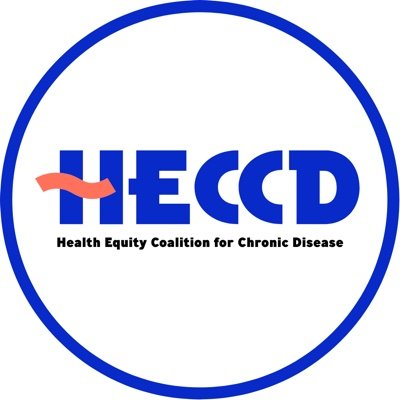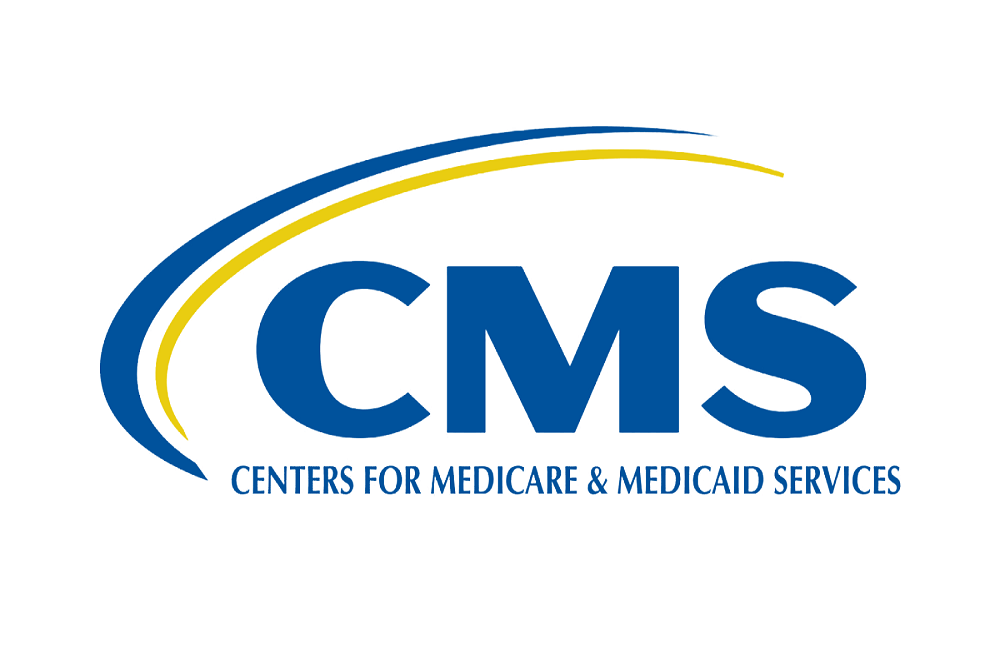CENTER UPDATE | FebrUARY 2025
In this Issue:
- The End of Medicare’s V-BID Model: Costs, Challenges, and Future Prospects
- The Future of Value-Based Insurance Design in Medicare After the MA V-BID Model
- House of Representatives Bills Introduced to Expand Coverage in HSA-HDHPs
- Advocates Push for Medicare and Medicaid to Cover Anti-Obesity Medications
- Can Mandatory Value-Based Payment Models Improve Health Equity?
- Drug Costs and Their Impact on Care
- Preserving Access and Affordability are Americans’ Top Priorities
- Measuring and Minimizing Health Care’s Environmental Impact
- 2025 V-BID Summit


The End of Medicare’s VBID Model: Costs, Challenges, and Future Prospects
An episode of Health Affairs This Week features Dr. Mark Fendrick, director of the University of Michigan Center for Value-Based Insurance Design, discussing the end of the Medicare Advantage Value-Based Insurance Design (VBID) model. He explains how VBID aims to lower out-of-pocket costs for high-value services while discouraging spending on low-value care. Despite its benefits in improving patient adherence and outcomes, the VBID model is being phased out due to its significant cost increase for Medicare, totaling billions of dollars. The conversation also touches on potential future VBID models, the role of risk adjustment in Medicare spending, and policy expectations for a second Trump administration regarding healthcare affordability.

The Future of Value-Based Insurance Design in Medicare After MA-VBID
The Centers for Medicare and Medicaid Services (CMS) will discontinue the Medicare Advantage Value-Based Insurance Design (MA-VBID) Model at the end of 2025 due to significant costs to the Medicare Trust Funds. Initially launched in 2017, the program aimed to enhance healthcare access for chronically ill and underserved populations by reducing cost-sharing and offering supplemental benefits, but evaluation findings showed increased costs of over $2 billion annually in recent years. In a new Health Affairs Forefront, Doshi and Fendrick explain that despite its discontinuation, many benefits introduced under MA-VBID will remain available through other Medicare Advantage plans, and future value-based insurance design initiatives may still be explored to improve access while meeting cost-neutrality requirements.


House of Representatives Bills Introduced to Expand Coverage in HSA-HDHPs
Last week, Congressman Vern Buchanan (Vice Chairman of the House Ways and Means Committee and Chair of the Health Subcommittee) (R – FL), and Congressman Jimmy Panetta (D – CA) introduced the Chronic Disease Flexible Coverage Act. The legislation expands the safe harbor of HSA-HDHPs to cover 14 specific chronic disease services and items on a pre-deductible basis, and would allow the list of services to be expanded if necessary. In addition, the recently introduced Primary Care Enhancement Act seeks to further support HSA-HDHP users by permitting them to use their health savings accounts to pay for direct primary care, improving access to essential preventive and routine healthcare services.


Advocates Push for Medicare and Medicaid to Cover Anti-Obesity Medications
A coalition of 20,000 advocates and twelve major healthcare organizations is urging the Centers for Medicare & Medicaid Services (CMS) to expand coverage to include FDA-approved anti-obesity medications. Led by the Health Equity Coalition for Chronic Disease (HECCD), the effort aims to support the 7.5 million Medicare and Medicaid enrollees living with obesity, particularly in underserved communities. Advocates stress that expanding coverage would not only improve access to care, but also help prevent costly conditions like type 2 diabetes and heart disease.


Can Mandatory Value-Based Payment Models Improve Health Equity?
As the CMS Innovation Center reflects on its first decade, it has recognized the need to prioritize health equity in value-based payment models. To address this, CMS is introducing the Transforming Episode Accountability Model (TEAM) in 2026, incorporating risk adjustments for social determinants of health and reducing financial risks for safety-net hospitals.


Drug Costs and Their Impact on Care
Many Medicare beneficiaries struggle with high prescription drug costs, leading some to delay or skip medications. The Inflation Reduction Act of 2022 introduced measures to ease this burden, including a $2,000 annual cap on out-of-pocket Part D expenses. Focus groups with Medicare beneficiaries and providers revealed that patients use strategies like switching to generics, reviewing formularies, and using discount programs to manage costs. Providers acknowledge the impact of drug prices on patient care, but some feel unprepared to navigate cost-related discussions effectively.

Preserving Access and Affordability are Americans' Top Healthcare Priorities
Many Medicare beneficiaries struggle with high prescription drug costs, leading some to delay or skip medications. The Inflation Reduction Act of 2022 introduced measures to ease this burden, including a $2,000 annual cap on out-of-pocket Part D expenses. Focus groups with Medicare beneficiaries and providers revealed that patients use strategies like switching to generics, reviewing formularies, and using discount programs to manage costs. Providers acknowledge the impact of drug prices on patient care, but some feel unprepared to navigate cost-related discussions effectively.


Measuring and Minimizing Health Care's Environmental Impact
Providence, a Catholic health care system based in Renton, Washington, has developed the WE ACT scorecard to help its 51 hospitals measure and reduce their environmental impact. This tool enables staff to track how their actions affect greenhouse gas emissions and identify areas for improvement. Other hospitals can adopt similar measurement tools and technical assistance programs to balance sustainability goals with financial savings, while addressing industry-wide data challenges.

REGISTRATION OPEN!
2025 Virtual V-BID Summit
"20 Years of Putting Patients First"
March 12, 2025
12pm - 4pm ET
Missed an Issue of Our Newsletter?
You can always find previous editions of our weekly newsletters on our website here.






